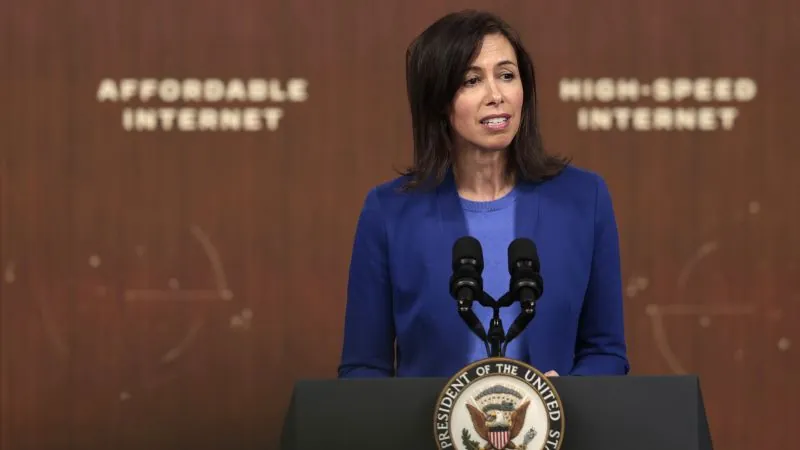
FCC Chair Slams Trump for Threatening CBS Over Harris Interview
2024-10-10
Author: Jacques
Introduction
In a significant defense of free speech, Jessica Rosenworcel, chairwoman of the Federal Communications Commission (FCC), has condemned former President Donald Trump's recent threats against CBS. Trump's comments came after a "60 Minutes" interview with Vice President Kamala Harris, which he criticized heavily, alleging that CBS manipulated Harris's answers to make her appear more favorable.
Trump's Criticism of CBS
On his Truth Social platform, Trump branded the interview a "giant Fake News Scam," claiming that CBS distorted the content. He went so far as to demand that CBS "should lose its license," suggesting that all broadcast licenses be auctioned off to the highest bidder due to what he labeled as rampant corruption within the network. His incendiary remarks envision a media landscape where networks face severe consequences for content he deems unfavorable.
Rosenworcel's Response
Rosenworcel firmly rebuffed Trump's assertions, stating that the FCC will not revoke broadcast licenses simply based on political disagreements or dissatisfaction with coverage. "While repeated attacks against broadcast stations by the former President may now be familiar, these threats against free speech are serious and should not be ignored," she asserted, underscoring that the First Amendment is vital to American democracy.
Media Landscape and Trump's Media Preferences
Trump's critiques of CBS are not a standalone incident; they follow his withdrawal from a planned interview with "60 Minutes" last week, highlighting his preference for platforms that align more closely with his views, such as right-wing media outlets. This trend of avoiding mainstream media has become increasingly evident, as Trump continues to sidestep traditional networks like CNN and Fox News, opting instead for friendly interviews with sympathetic media figures.
Impact on Press Freedom
The tension between Trump and major media organizations raises questions about the future of press freedom in the U.S. As recent events show, the interplay of politics and media is more precarious than ever. What could this mean for the public's access to unbiased information in the lead-up to the 2024 elections? Stay tuned for updates as this story develops.
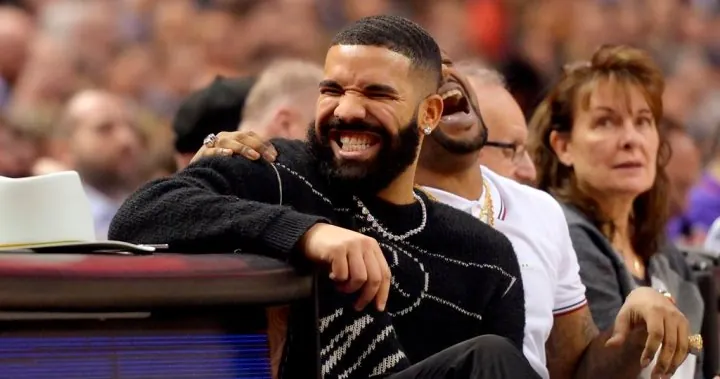
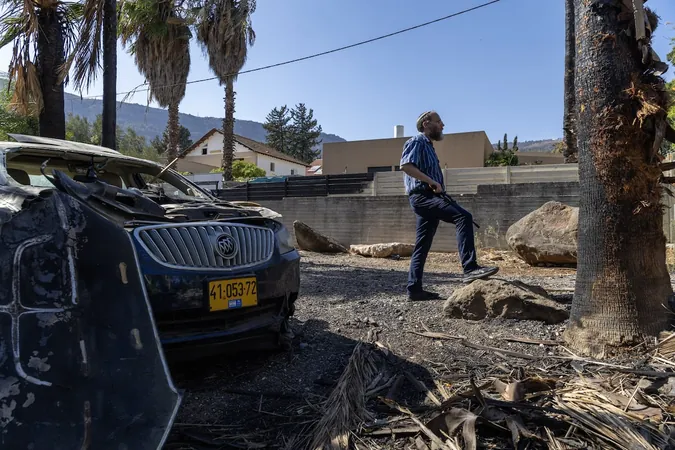


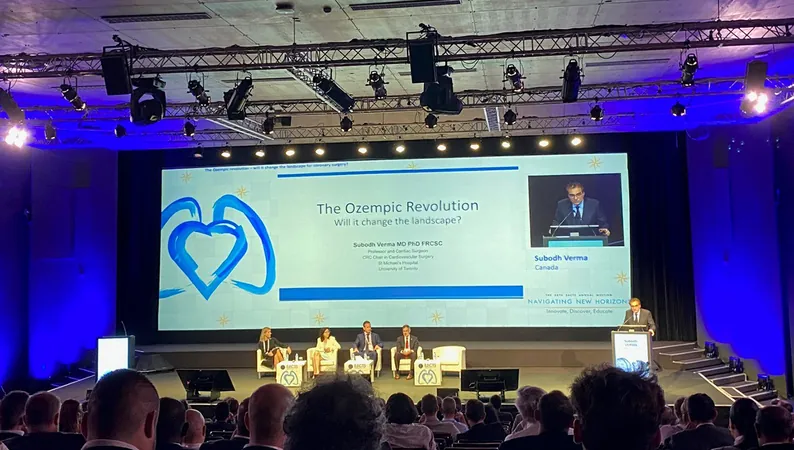

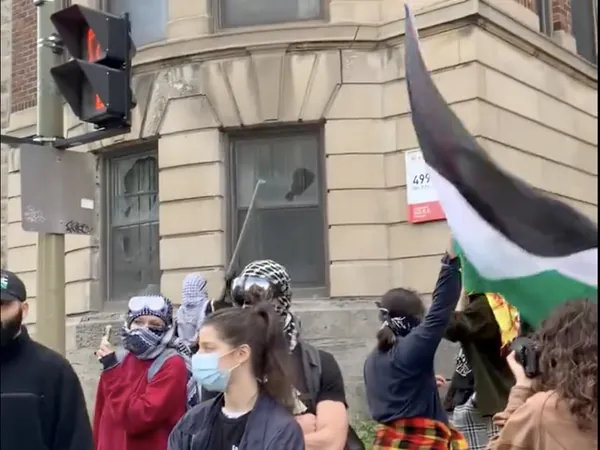


 Brasil (PT)
Brasil (PT)
 Canada (EN)
Canada (EN)
 Chile (ES)
Chile (ES)
 España (ES)
España (ES)
 France (FR)
France (FR)
 Hong Kong (EN)
Hong Kong (EN)
 Italia (IT)
Italia (IT)
 日本 (JA)
日本 (JA)
 Magyarország (HU)
Magyarország (HU)
 Norge (NO)
Norge (NO)
 Polska (PL)
Polska (PL)
 Schweiz (DE)
Schweiz (DE)
 Singapore (EN)
Singapore (EN)
 Sverige (SV)
Sverige (SV)
 Suomi (FI)
Suomi (FI)
 Türkiye (TR)
Türkiye (TR)